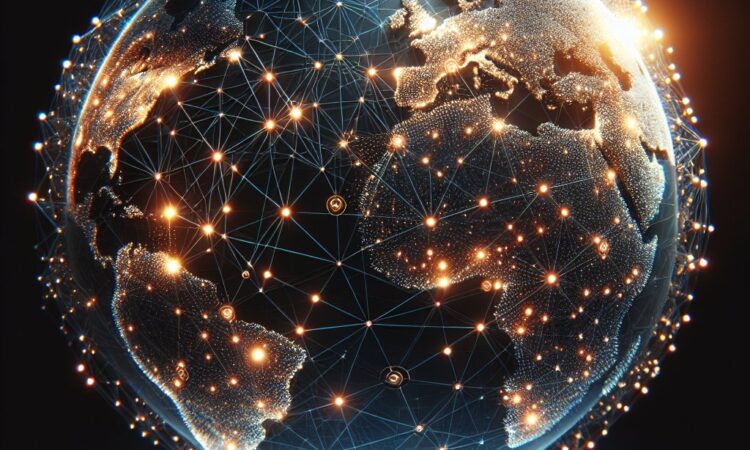Health Data and Surveillance
Health data and surveillance are essential for tracking the spread of diseases and informing public health policy. The WHO is working to improve health data and surveillance systems worldwide.
What is health data?
Health data is information about the health of individuals, populations, and communities. It can include information about diseases, injuries, health behaviors, and risk factors.
What is surveillance?
Surveillance is the ongoing collection, analysis, and interpretation of health data to identify and track trends in disease and injury. Surveillance data can be used to:
* Track the spread of diseases* Identify risk factors for disease* Evaluate the effectiveness of public health interventions* Develop and implement health policies
Why is health data and surveillance important?
Health data and surveillance are essential for protecting public health. They can help to:
* Prevent outbreaks of disease* Reduce the spread of disease* Improve the quality of care* Inform public health policy
How is the WHO working to improve health data and surveillance?
The WHO is working to improve health data and surveillance systems worldwide in a number of ways, including:
* Developing and disseminating standardized tools and guidelines for health data collection and analysis* Building capacity in countries to collect, analyze, and use health data* Supporting research on the effectiveness of surveillance systems* Promoting the use of health data for evidence-based decision-making
The importance of health data and surveillance is growing in the face of a number of challenges, including:
* The increasing complexity of the global health landscape* The emergence of new and re-emerging diseases* The increasing availability of health data* The need for more efficient and effective use of health data

